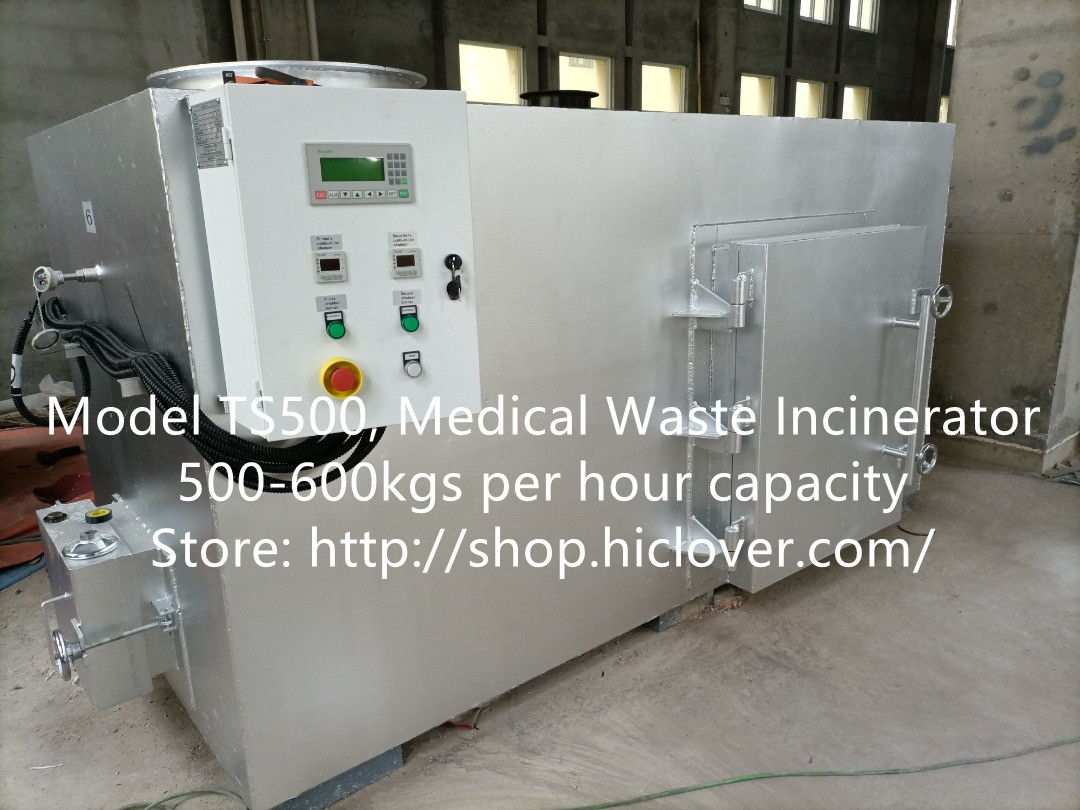The opioid crisis has reached a critical level in many parts of the world, with addiction and overdose rates skyrocketing. In the United States alone, it is estimated that over 2 million people are struggling with opioid addiction, and thousands die from overdoses each year. This epidemic has prompted a concerted effort to combat the crisis, with various approaches being implemented to address the issue.
One of the critical components in combating the opioid crisis is the proper disposal of prescription drugs, including opioids. Improper disposal of these medications can lead to their misuse and abuse, as well as environmental hazards. This is where pharmaceutical incinerators play a crucial role in the fight against the opioid crisis.
Pharmaceutical incinerators are designed to safely and effectively dispose of pharmaceutical waste, including expired, unused, or unwanted medications. These incinerators use high temperatures to break down the drugs and destroy their active ingredients, rendering them inert and non-hazardous. This ensures that the drugs cannot be diverted for illicit use or pose a threat to the environment.
By providing a secure and efficient means of disposing of pharmaceutical waste, including opioids, pharmaceutical incinerators help prevent these drugs from falling into the wrong hands. This is especially important in healthcare facilities, pharmacies, and other organizations that handle large quantities of pharmaceuticals. By properly disposing of unused medications, these incinerators help to reduce the availability of opioids for misuse and abuse, thereby contributing to the overall effort to combat the opioid crisis.
Furthermore, by ensuring the safe and environmentally responsible disposal of pharmaceutical waste, pharmaceutical incinerators also help to prevent the pollution of waterways and soil from the improper disposal of medications. This is an important consideration, as studies have shown that the presence of pharmaceutical residues in the environment can have detrimental effects on aquatic ecosystems and wildlife.
In addition to their role in combating the opioid crisis, pharmaceutical incinerators also play a broader role in promoting public health and safety. By providing a reliable means of disposing of pharmaceutical waste, they help to prevent accidental ingestions, overdoses, and other adverse events associated with the improper storage and disposal of medications.
In conclusion, pharmaceutical incinerators play a crucial role in the fight against the opioid crisis by providing a safe and effective means of disposing of pharmaceutical waste, including opioids. By preventing the diversion of medications for illicit use and safeguarding the environment from the hazards of improper disposal, these incinerators contribute to the overall effort to combat the opioid crisis and promote public health and safety. It is essential for healthcare facilities, pharmacies, and other organizations to utilize pharmaceutical incinerators as part of their comprehensive strategy to address the opioid crisis and ensure the responsible disposal of medications.



